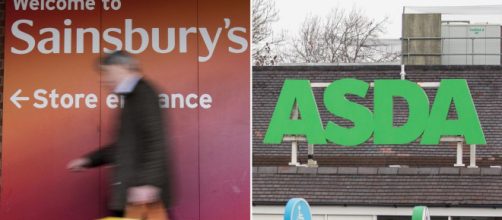Sainsbury’s and Asda announced that they will be merging and the key point to understand is that the two supermarket giants combined will dominate the retail sector. Together they will command 60 percent of the sector however, despite the merge, they will remain separately run businesses but under the umbrella, Sainsbury’s Group.
Before the merger can take place, the proposals must be approved by the Competition and Markets Authority (CMA), which is expected to be concluded late 2019.
Why merge?
Sainsbury’s CEO Mike Coupe has been making significant changes to how the company operates, with £500 million worth of cuts made over a 3-year period that ended last year but a further £500 million is to be cut over the next 3 years.
Unions have warned against potential job losses but Mike Coupe insists that there will be no job losses. This is something that remains to be seen as previously, when Morrison's took over Safeway, they claimed there would be no job losses but the CMA forced them to close a significant number of stores because of a risk of a monopoly within specific areas.
The Sainsbury’s and Asda merge represent a monopoly in the retail sector and it is likely to be negative for consumers in the future, due to being able to set the price standards. Furthermore, what is an interesting point to consider is that, Sainsbury’s are rated poorly as an employer on Glassdoor and other job sites and with all the upcoming changes, staff at the very bottom will be hit the hardest, particularly in London.
Testimonies online have been damming and the general treatment of staff has been rated negatively. The changes to the way the business operates will see less leniency towards sickness and the removal of employee bonuses will not be offset by the small pay rise for most colleagues across the stores.
This move to merge with Asda, who are owned by Walmart, could be a move to align themselves closely with the American giant and create a lobbying giant within the UK. Walmart are notorious for their degrading treatment of staff and American laws for workers rights are significantly weaker than in the UK but big companies have been pushing to loosen workers rights and suppress the unions, and after Brexit in 2019, when the merge is expected to take place, will likely see the UK try and strike a quick deal with the US.
Thinking ahead, it looks like Sainsbury’s could be setting themselves up to create a powerful lobbying giant to push for deregulation within the retail sector, weakening workers rights and decreasing food standards to increase profit.



